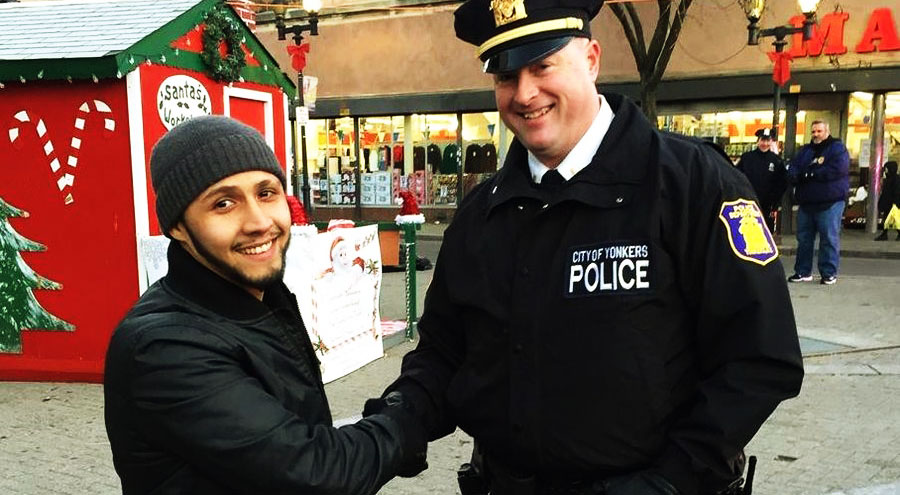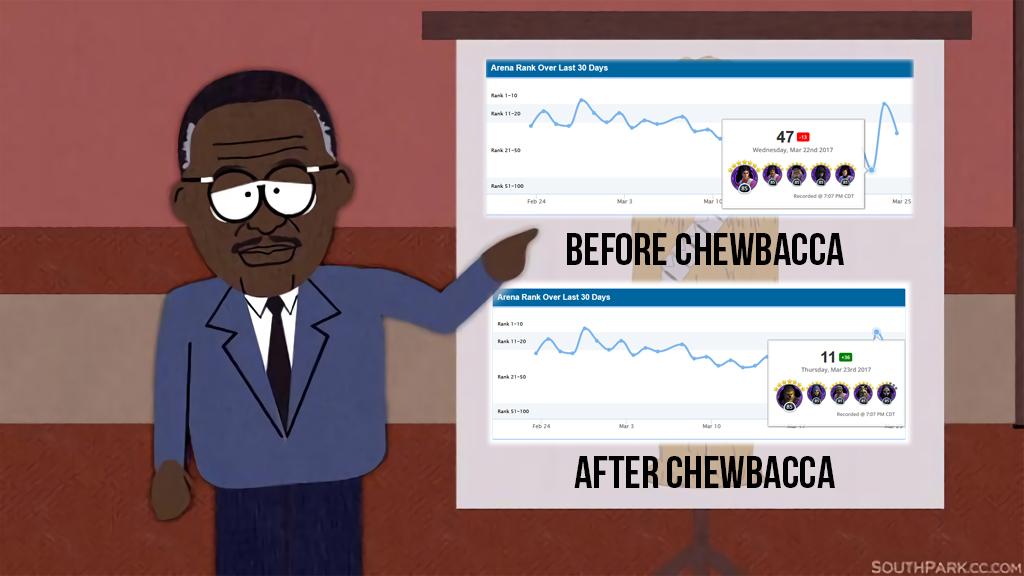As a retired police officer, I can say that 99% of the police officers are decent human beings. Yes, there are some “bad apples” that have power trips – these types have no business wearing an LEO uniform. There are procedures in place to remove them from law enforcement – but just like everything else in today’s society, lawyers become involved and the process takes time.
That being said, when an officer leaves home to go on duty, we all have only one thing in mind – returning home after duty. An officer will do whatever it takes to make that happen…including taking a life if necessary.
Having made hundreds of arrests, there were times where I was coming up on a scene where the suspect was clearly not going to go to jail “easily.” In these cases there was yelling, sometimes fighting, using whatever amount of force necessary to effect an arrest. Those are the rare exceptions to most arrests.
Almost all of my arrests were polite and professional. In most cases, I would be polite in “asking” the person to turn around and place their hands behind their back…if there was “a hint” of being uncooperative at this level – then there was an escalation in my tone of voice, just enough to let the person know this was not open for discussion. Once handcuffs were on (so the situation was under control), I would “de-esculate” my tone of voice and explain why the person was now under arrest.
Once handcuffs are on, most police officers will become a lot friendlier to the suspect…the threat of resistance is usually minimized at this point…allowing the officer to feel safe (remember rule #1 above). I have talked with suspects on the ride to the station about their cars, their jobs, their spouses, their employment – the baseball game…the only difference was, I was being professional about it as compared to some of the stories you see on TV.
In ALL cases – I (and other LEO) will give the same courtesy and respect back to individuals that they have given to us. As someone indicated – we are only doing our jobs. Our jobs are to enforce the law. If you break the law (intentionally or unintentionally) our job is to bring you before a member of the Judicial Branch of government (a judge, magistrate, commissioner, etc) whose job it is to determine the initial fact of the case and to decide whether to release you pending trial or not and / or to assess any civil penalties. The police officer’s job is not to be a judge. We are there to simply enforce the laws and collect any evidence that may be present.
I have had some people try to “explain their side of things” to me or to “question me” as to my authority to make an arrest or to “cross examine me” on various aspects of the law – in all cases, I tell them I will not hold court on the side of the road; if they have any problems with what is happening at this moment in time, to have their “friend who is a lawyer; brother who is a lawyer, etc” (and I heard that a lot)…to talk with the judge about the merits of the case.
I did not put up any back talk…the arrest was done and you are now going to detention and you can explain your side of things to judge. Only under EXTREMELY RARE CASES did my on scene investigation reveal that the person was not involved and I could remove their handcuffs and send them on their way. I would say, less than 1% of the time.
But, if you are polite and cooperative, then police officers appreciate that gesture (in most cases – like I said, there are some that are on power trips)…and the police office will return the favor.
As as side note, in many of my cases, the Judge would ask, “Was the defendant polite and cooperative.” I always told the truth about what happened concerning that question. Those that were were cut a break by the Judge…those that were not “got more.”
Robert Thibodeau, Retired Police Sergeant










